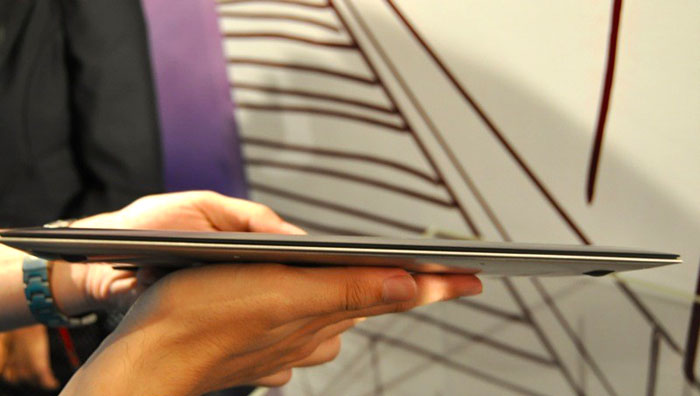Fax machines, ham radio and dial-up modems are helping to avoid the net block imposed on Egypt.
On 27 January, Egypt fell off the internet as virtually all international connections were cut following an order from the government.
But older technologies proved their worth as net activists and protesters used them to get round the block.
Protesters are also circulating information about how to avoid communication controls inside Egypt.
Call charge
Dial-up modems are one of the most popular routes for Egyptians to get back online. Long lists of international numbers that connect to dial-up modems are circulating in Egypt thanks to net activists We Re-Build, Telecomix and others.
Dial-up numbers featured heavily in Twitter messages tagged with hashes related to the protests such as #egypt and #jan25.
ISPs in France, the US, Sweden, Spain and many other nations have set up pools of modems that will accept international calls to get information to and from protesters. Many have waived fees to make it easier for people to connect.
Few domestic lines in Egypt can call internationally to get at the modems, however. The Manalaa blog gave advice about how to use dial-up using a mobile, bluetooth and a laptop. It noted that the cost of international calls could be "pricey" but said it was good enough for "urgent communication". The advice was posted to many blogs, copied and sent out by many others.
We Re-Build, which campaigns for unmonitored internet access around Europe, said it was also listening on some ham radio frequencies and would relay any messages it received either by voice or morse code.
Fax machines were also drafted in by online activists and others who wanted to contact people inside Egypt and pass on information about how to restore net access.
The group of internet activists known as Anonymous was also using faxes to get information to students at several schools in the country. Anonymous activists have been faxing copies of cables from Wikileaks relating to Egypt in the hope that the information they contain about the Mubarak regime will be more widely distributed. It is not clear how much impact this is having, however.
Internal aid
While most net connections with Egypt have been cut, Egyptian ISP Noor seemed to stay online largely because it connects the country's Stock Exchange and many Western companies to the outside world.
Reports from Cairo suggest that many people and businesses who are signed up to Noor have removed the passwords from their wi-fi routers so others can piggy-back on their connection.
Elsewhere, a crowd-sourced document entitled 20 Ways to Circumvent the Egyptians Governments' Internet Block has compiled the best ways for Egyptians to keep communicating.
Some Egyptians reported that they could get at websites such as Google, Twitter and Facebook by using the numeric addresses for the sites rather than the English language name.
Mobile networks were not free of official interference. On Friday Vodafone Egypt said it, and all other operators, had been ordered to shut down services in some areas.
To get around this blockade, protesters circulated alternative message centre numbers throughout the weekend. Using these has allowed some locals to continue texting and using services such as Twitter.
Many people reported that they could avoid the block on Twitter by using a third-party updating program, rather than the official website, to receive and send messages.[source]













0 comments:
Post a Comment